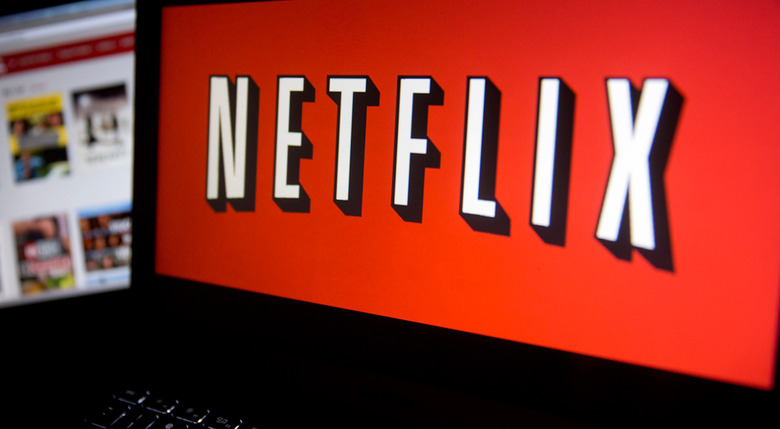Time Warner Hints That Netflix May Be Too Powerful For Its Own Good
For years now, Netflix has provided a convenient avenue for TV networks to dump off old reruns and make some money with shows that are past their prime. By every measure, it was a win-win for all parties involved. TV networks were able to generate new revenue while consumers were able to enjoy old favorites and discover new gems.
But the times they are a changin'.
Streaming services today are more popular than ever before, and Netflix in particular wields a tremendous amount of influence. As a result, some networks have understandably grown a bit more cautious when dealing with the streaming giant. Specifically, some networks are worried that they're contributing to their own demise to the extent that fleshing out Netflix's library of content only makes it easier for consumers to cut the cord.
MUST READ: The first thing everyone needs to do with a new iPhone 6s
Furthermore, as Netflix leverages its existing content to attract new subscribers, it's spending every free dollar it has on developing new and original programming, thereby providing even more of an incentive for consumers to say goodbye to TV completely.
As Lili Kellman of Exstreamist sums up:
But slowly, then suddenly, Netflix became not only a premiere streaming service to millions of customers, but people were using their subscriptions to justify cancelling their cable TV. Before their very eyes, content owners were watching people skip the traditional first step of watching live television, going to the movies and buying DVDs, and instead waiting for Netflix to stream their favorite content.
After a few years of this dynamic, it seems that content providers are finally waking up to the fact that Netflix, while also a partner, is a looming and serious competitive threat.
With that as a backdrop, it's perhaps no surprise that Time Warner CEO Jeff Bewkes told investors during an earnings conference call this week that the media conglomerate may soon start limiting the number of shows it agrees to provide to Netflix. Bewkes' statement came after the company lowered its earnings guidance amidst an ongoing decline in cable TV subscriptions.
"We are evaluating whether to retain our rights for a longer period of time and forego or delay certain content licensing," Bewkes said. "This would effectively push the [subscription video] window for content on our networks to a multiyear period more consistent with traditional syndication."
Or as Peter Kafka of Re/Code aptly translated the blurb: We're going to make it harder to find our best stuff on digital outlets like Netflix and Amazon, because we don't want to give our viewers a reason to watch it there instead of on our own networks.
Essentially, streaming services like Netflix and Hulu have almost become too popular for their own good, resulting in some pushback from content providers who want a bigger piece of the pie.
Speaking to this point, analyst Anthony DiClemente of Nomura Securities recently told Phys.Org: "Some of the media executives are looking at Netflix as a digital distributor who has gained too much power. They are thinking, look, maybe we should keep our most valuable content inside the traditional pay TV ecosystem, which is the golden goose."
While this is undoubtedly frustrating for those who have permanently cut the cord, it may ultimately work out well for existing cable subscribers if media companies start doubling down on on-demand offerings.
Of course, the interesting question here is if such a move will actually do anything to stem the growing influence and popularity of streaming services. Remember, with Netflix doubling down on original content, the streaming service is less reliant than ever before on having a robust library of movies and TV shows in order to attract and keep subscribers. Netflix, in effect, is quickly transitioning into its own version of HBO.
